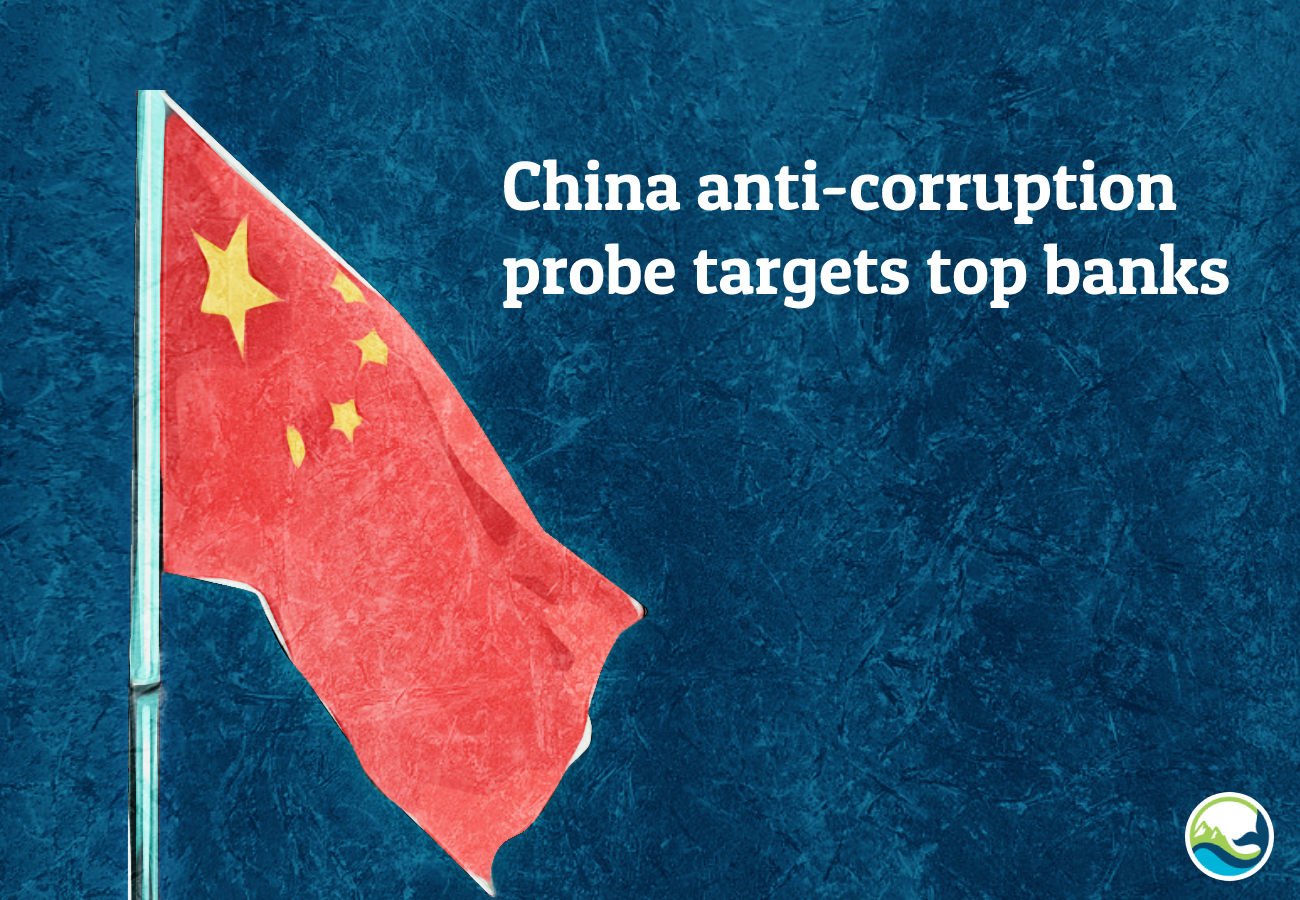
China anti-corruption probe targets top banks
28 Mar 2023 ( SCMP )
China’s top anti-corruption agency on Monday launched a new round of inspections into some of the nation’s leading financial institutions, in another indication of a coming regulatory storm.
The probe, together with a recently announced regulatory shake-up in financial oversight, shows the urgency with which China’s new leadership team is seeking to defuse risks, including those at ailing small banks, which are often associated with corruption.
Authorities are desperate to prevent financial contagion, rally financing support for economic recovery and tech innovation, and counter the spillover of international turbulence.
The move could exert more pressure on financial institutions already haunted by a rising number of bad assets against a backdrop of slowing economic growth and an overseas banking crisis.
The investigation by the Central Commission for Discipline Inspection is the first since the new leadership team was inaugurated earlier this month. The probe will target the China Investment Corp (CIC), China Development Bank, Agricultural Development Bank of China, China Everbright Group and People’s Insurance Company (Group) of China Limited.
Meanwhile, 30 state-owned industrial giants, including China Mobile and PetroChina, were also put on the inspection list, as authorities look for areas hindering “high-quality” development.
Li Xi, the Chinese leader heading the commission, said the newest round of inspections is to solve outstanding issues in the financial industry.
The emphasis on government agencies is vital to push forward reforms, improve existing systems and solve deep-seated contradictions, he was quoted as saying by the official Xinhua News Agency.
CIC, a US$1.35 trillion sovereign wealth fund, controls some of China’s largest commercial banks, insurers and securities brokerages, including 34.71 per cent stake in the Industrial and Commercial Bank of China, 64.02 per cent of the Bank of China, and 34.68 per cent of the China Development Bank through its subsidiary Central Huijin.
The “look-back” inspection – previous checks of the five institutions were conducted in October 2015 and October 2021 respectively – came as Beijing prioritised financial de-risking and financing support for tech innovation at the annual parliamentary session earlier this month.
A newly created Central Finance Commission has been tasked with tackling risks in the financial industry, while a national financial regulatory commission will be established under the State Council to absorb the current banking regulator, and supervise financial holding groups and protect investors.
In a report to the discipline inspection commission at the weekend, the office of Central Financial and Economic Affairs Commission, which was previously headed by a vice-premier, vowed to have a thorough study of overall, strategic and forward-looking issues faced by the world’s second largest economy.
The commission was heavily involved in the deliberation of financial reforms and de-risking last year, including the making contingency plans for “black swan” and “grey rhino” events, it said.
“We’ll centre on the responsibility of being economic adviser and assistant to General Secretary Xi Jinping and the Party Central Committee” for the next step, it said.
Financial institutions were urged on Monday to pour more money into key industries like next-generation telecommunications and artificial intelligence at a finance work symposium chaired by Yin Li, a Politburo member and the party boss of the Beijing municipality.
The conference was also attended by central bank governor Yi Gang, top banking regulatory official Guo Shuqing, and Yi Huiman, chairman of the securities regulator.
The anti-corruption agency explicitly warned in February that finance professionals must abandon their self-identification as elites. Similar statement appeared for the first time on a circular released by the banking regulator on Friday.
Eight financial executives or regulatory officials have been investigated since the new government took office in mid-March, according to the website of the discipline inspection commission.
SEE THE ORIGINAL ARTICLE


